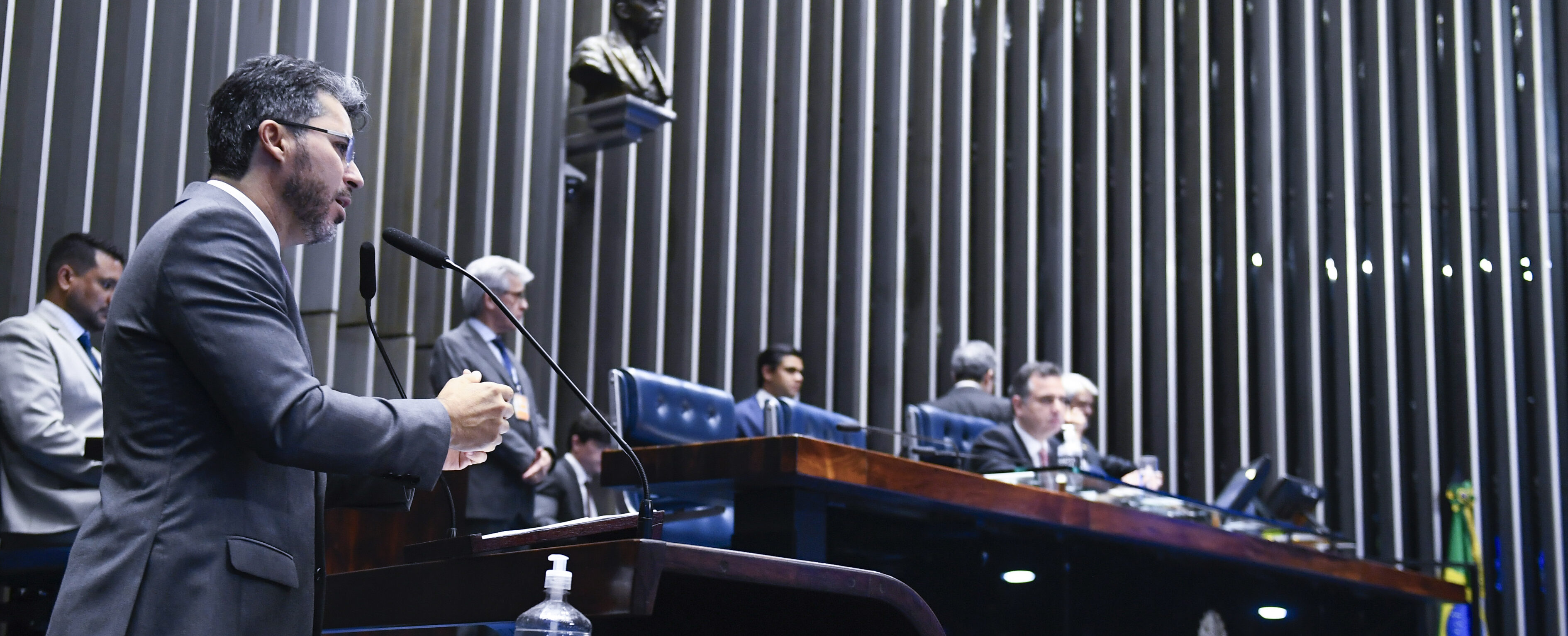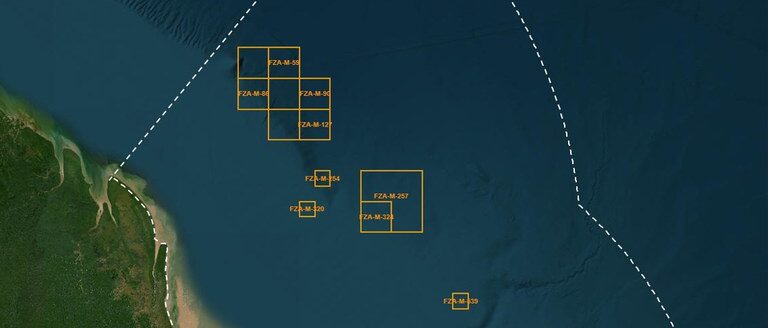This Wednesday (27), the Federal Senate defied the Supreme Court and, by 43 to 21 votes, passed Bill 2.903, which allows the dispossession of indigenous lands. In just a few of hours, the bill was voted on in the Committee on Constitution and Justice, had its urgency requested, and went to the Senate floor, where it was pushed through with hardly any difficulty. It all happened under the blessing of Rodrigo Pacheco (PSD-MG), President of the Senate.
The bill, which will now land on the desk of President Luiz Inácio Lula da Silva, establishes the so-called time frame (“marco temporal”) for indigenous lands, a theory according to which indigenous communities who were not occupying their lands in October 1988 would lose their rights to them. Exactly one week ago, on the 21st, the Supreme Court deemed the time frame unconstitutional and rejected it by 9 votes to 2.
Senators from both the government and the opposition committed an unprecedented bypass of the Supreme Court, falsely claiming that the court engaged in “judicial activism” by ruling on the constitutionality of the time frame and other matters contrary to the far-right agenda, such as the decriminalization of marijuana possession and the right to abortion. In this way, they fulfill the desire of former President Jair Bolsonaro for a country where Supreme Court decisions are not upheld.
As Senator Alessandro Vieira (MDB-SE) pointed out, any child knows that it is not possible to overturn a Supreme Court decision through a bill of law. However, Bill 2.903 goes far beyond the “marco temporal”: it attacks the very concept of indigenous land. Instead of being an integral part of the way of life of these peoples, the land becomes a commodity that can be bought, sold, and leased.
It also allows for challenges to land demarcations at any stage of the process, including questioning anthropologists in the exercise of their work, liberates the leasing of indigenous lands and allows for high-impact development in these territories without prior consultation. The bill also allows the government to take back “indigenous reserves” if there is a “change in the cultural traits” of the community—a racist provision that reeks of the military dictatorship’s “integration of the indigenous” theories. Furthermore, it abolishes Brazil’s longstanding policy of non-contact with isolated groups, allowing even private companies and Christian missionaries to make contact with these peoples.
The only possible destiny for the insanity approved by the senators is a full veto by the President of the Republic. Only in this way can Lula fulfill the Constitution and the promises he made when elected to address Brazil’s historical debt to indigenous peoples and prioritize combating deforestation and the climate crisis.
REACTIONS FROM MEMBERS OF THE CLIMATE OBSERVATORY
“The Senate wants to perpetuate the indigenous genocide. This bill legalizes crimes that threaten indigenous lives and contribute to the climate crisis. The bill is unconstitutional, and the Supreme Court has already invalidated the time frame, but the bill entails many other setbacks to indigenous rights beyond it. We will continue to fight and we call on Lula to veto this bill and fulfill his commitment to indigenous peoples.” – Kleber Karipuna, Executive Coordinator of the Apib (Articulation of Indigenous Peoples of Brazil).
“The Senate’s decision on Bill 2.903 goes far beyond a power struggle between Congress and the Supreme Court. The text consolidates the absurd temporal marker theory, but, in Trojan Horse style, it brings with it the possibility of interference in isolated peoples to install public utility state activities—without specifying what the hell those are—, generically allows for the construction of roads on indigenous lands, admits the exploitation of so-called strategic resources without consulting the communities. The list of absurdities is long. Just as it is shameful to see our representatives approve this proposal, it is very sad to realize the government’s difficulty in blocking decisions that dismantle fundamental rights established since the democratization of the country. There are processes in which any kind of negotiation should be ruled out.” – Suely Araújo, Senior Policy Specialist at the Climate Observatory.
“The Senate goes against the Constitution by legislating in favor of a thesis declared unconstitutional by the Supreme Court. Unfortunately, the rural caucus doesn’t seem to accept one of the main roles of Supreme Courts in democracies: defending the fundamental rights of minorities. On the other hand, unfortunately, the government gives away ministries and money from parliamentary amendments to appease Congress people but remains without votes. Thus, fundamental promises made by President Lula, such as continuing land demarcations and protecting the rights and lands of indigenous peoples, are not fulfilled.” – Juliana de Paula Batista, lawyer at ISA (Socioenvironmental Institute).
“Brazil gives indigenous peoples no respite. Last week it was the time frame, duly defeated by the Supreme Court. Now it is Bill 2.903/2022, approved in the Senate. And thus, from battle to battle, the indigenous peoples continue to demand respect and protection for their fundamental rights, as well as for the forests that serve as their home.” – Danicley de Aguiar, Head of the Indigenous Peoples Front at Greenpeace Brazil.
______________________________
About the Climate Observatory – Founded in 2002, it is the main network of Brazilian civil society on the climate agenda, with nearly a hundred member organizations, including environmental NGOs, research institutes, and social movements. Its goal is to help build a decarbonized, equitable, prosperous, and sustainable Brazil in the fight against the climate crisis. Since 2013, OC has published SEEG, the annual estimate of greenhouse gas emissions in Brazil.





